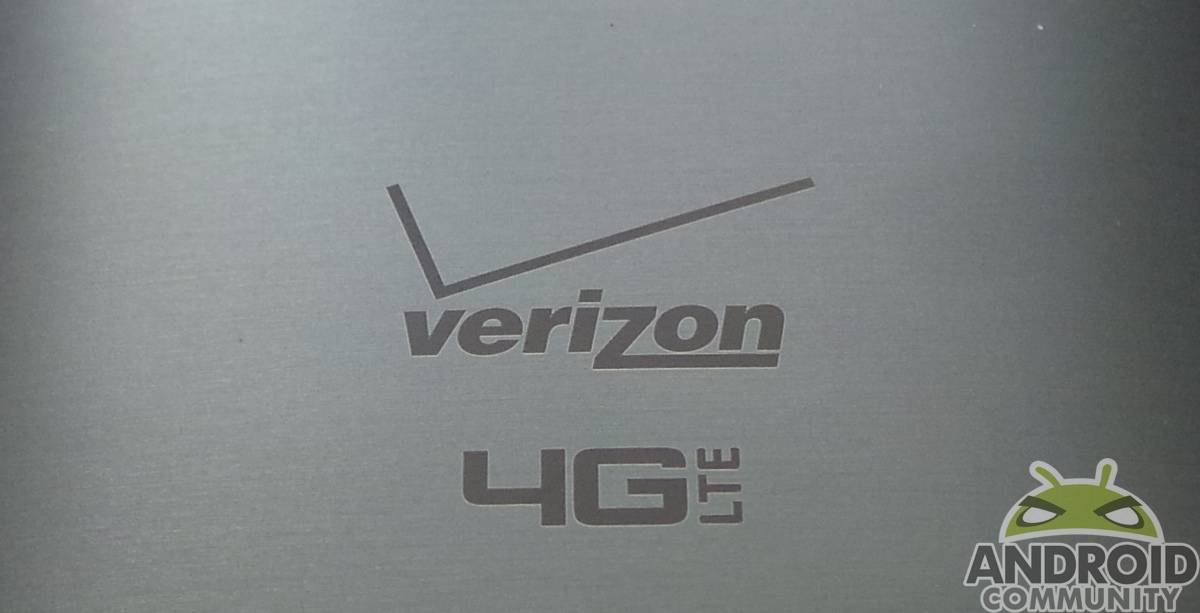
Regional carrier Cincinnati Bell has officially sold their spectrum to Verizon. The deal, worth $210 million, will give Verizon Cincinnati Bell’s territory in southwestern Ohio, as well as parts of Kentucky and Indiana. The deal is almost purely for spectrum, as the two companies have differing wireless standards.
Cincinnati Bell operates on the GSM standard, while Verizon uses a CDMA technology first created by Qualcomm. Cincinnati Bell customers will still be able to get wireless service for 8-12 months after the deal closes, which should be in the second half of this year. That will likely carry current Cincinnati Bell customers into the Spring of 2015, if they stick it out until the end.
With the deal, Verizon gains spectrum airwaves in a popular metro area in Cincinnati, as well as some coverage in surrounding areas. According to Open Signal, Verizon is already the highest ranked carrier in the region, with Cincinnati Bell coming in a distant fifth. They also don’t seem to gain much in regard to coverage area or customer count (Cincinnati Bell has about 340,000 users), again lending credence to the spectrum argument.
Further positioning this deal as a spectrum grab is coverage quality. When you start peeling away the signal strength, the parity between the two companies becomes even, with Cincinnati Bell passing Verizon up in at least one instance. Without 4G, Verizon and Cincinnati Bell are nearly on par with one another. When you dip into “2G” coverage — which is typically lower-end spectrum, like the highly coveted 700MHz variety — Cincinnati Bell scores much higher than Verizon on Open Signal’s metric.
Cincinnati Bell notes they were having trouble keeping pace with larger carriers. Company President and CEO Ted Torbeck said “It has become economically challenging for us to invest in our wireless business at the levels necessary to deliver best-in-class service to our customers”. With what looks to be penetrating, low megahertz spectrum and lackluster data service, we can see why they’d give spectrum up to Verizon rather than continually invest in a no-win situation.
Source: Cincinnati Bell
Via: GigaOM












